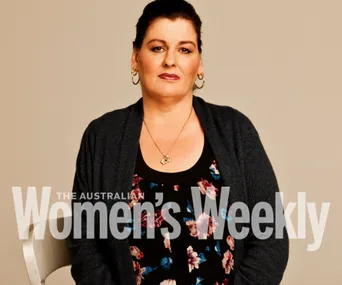In an effort to compete with the growing market of illegal tobacco, the tobacco industry in Australia has threatened to begin the production of dangerously cheap cigarettes as an “alternative”.
After a recent rise in illegal tobacco sales in New South Wales, British American Tobacco Australia has suggested these ‘super-cheap’ cigarettes as a last-ditch attempt to stifle the growing “chop chop” problem.
Illegal tobacco, or “chop chop”, is an illegitimately imported alternative that avoids taxes, quarantine laws, and the newly imposed “plain packaging” regulations. “Chop chop” is unregulated and because it is not subject to health checks, it often contains noxious chemicals and mould, which has already raised multiple concerns with health bodies.
Although the idea of illegal tobacco in Australia is a relatively new one, the market is already taking off steadily. In the past two years, sales of the product were detected 28 times in NSW alone.
Officials have claimed that they were unable to prosecute at least 13 of those cases, due to the lack of legal reach. Governmental health bodies in NSW do not have the power to seize the products themselves – only to photograph and sample, meaning that, although the governmental bodies are aware of its existence and location, suppliers are still able to retain large quantities of it in the guise of ‘personal use’.
This, they believe, has meant the influx of illegal tobacco has not been stemmed by any regulatory force, allowing it to take root in Australia. The British American Tobacco Australia (BATA) recently released data which suggest that over 14 per cent of the tobacco smoked in Australia was of illegal origin.
In response to these numbers, BATA is considering the release of a range of ‘super-cheap’, ‘make-your-own’ cigarettes kits, which contain cheap, loose tobacco and a small machine used to roll cigarettes.
These ‘kits’ are expected to retail for just $9 – $4 cheaper than any pack currently on the market.
It is this action that has outraged health bodies and cancer corporations, with the NSW Cancer Council slamming the decision as a “desperate attempt by the industry to recruit and retain smokers”.
In their statement, the Cancer Council also suggested the move was unnecessary, referring to data indicating that illegal tobacco use was on the decline – and had been for quite a while.
These figures, however, were disputed by NSW Labor health spokesman, Walt Secord, who claimed that sales of illicit tobacco are set to overtake legal tobacco within five years.
At present, there has been no timeline nor reform announced to give inspectors the power to seize or regulate the production or importation of illicit tobacco.



